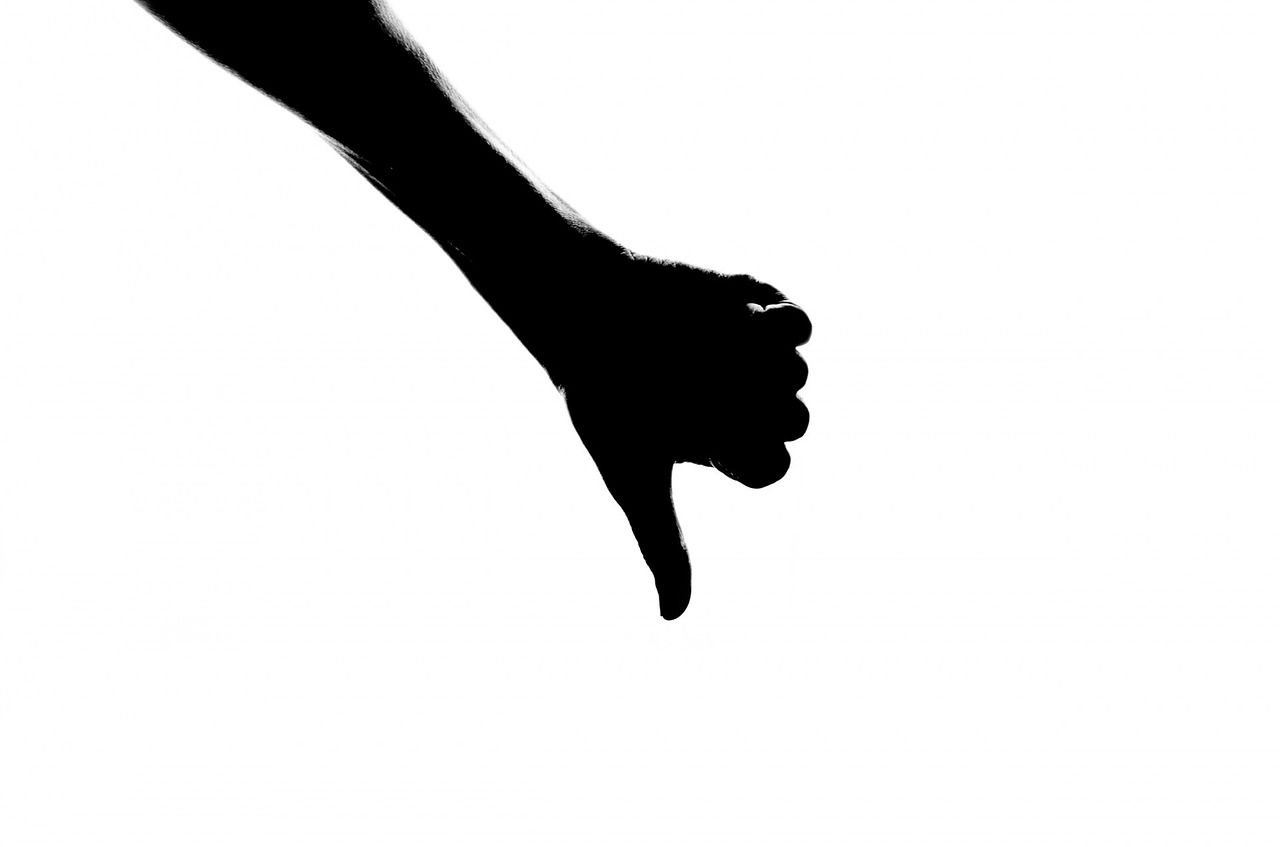Can my Utah bankruptcy be denied?
The percentage of bankruptcy cases that are denied varies in the U.S. depending on a number of factors, including the type of bankruptcy being filed, the jurisdiction in which the case is being filed, and the specific circumstances of the case.
In general, the majority of Utah bankruptcy cases are approved, and most individuals are able to successfully discharge their debts through the bankruptcy process. However, it is possible for a Utah bankruptcy case to be denied, either by the Utah bankruptcy court or by the bankruptcy trustee assigned to the case.
Some common reasons why a bankruptcy case may be denied include:
Fraud: If the bankruptcy court determines that the debtor has engaged in fraud, such as hiding assets or making false statements on their bankruptcy petition, the case may be denied.
- Ineligibility: In some cases, the debtor may be ineligible to file for bankruptcy under either Chapter 7 or Chapter 13, such as if they have recently received a discharge in a previous bankruptcy case.
- Failure to complete required classes: Debtors are required to complete credit counseling and a financial management course before their bankruptcy case can be approved. If the debtor fails to complete these requirements, the case may be denied.
- Failure to comply with court orders: If the debtor fails to comply with court orders or the terms of their bankruptcy case, the case may be denied.
- It’s important to note that these are just some of the reasons why a Utah bankruptcy case may be denied, and each case is unique. The specific reasons for a denial will depend on the specific circumstances of the case.
While it is possible for a Utah bankruptcy case to be denied, the majority of cases are approved and most individuals are able to successfully discharge their debts through the Utah bankruptcy process. If you have any questions or concerns about the bankruptcy process, it’s a good idea to consult with a Utah bankruptcy attorney for guidance.
